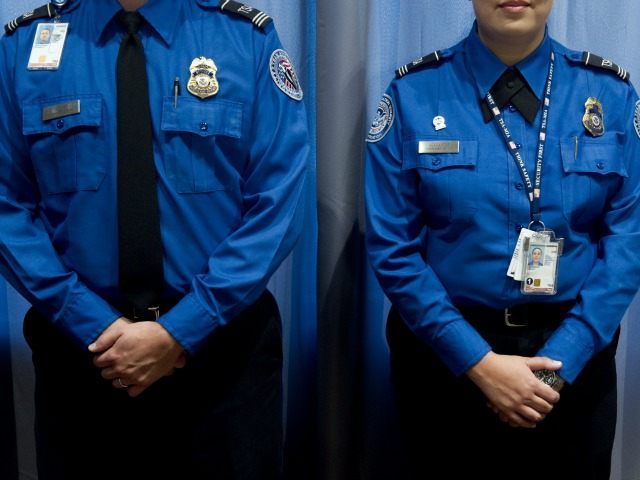Mounting suspicion that a Russian Metrojet airliner was destroyed over Egypt by a terrorist bomb, planted by an ISIS “inside man” at the airport, has led to concerns by the U.S. Department of Homeland Security over possible security flaws at American airports.
This is somewhat unusual since, as CNN points out, “The U.S. has spent billions of dollars beefing-up screening of passengers with scanners and background checks.” Transportation Security Agency receives an annual budget of over $7 billion. It is fair enough to perform a review of security practices, to increase public confidence that nothing like the appalling situation at Egypt’s Sharm el-Sheikh airport exists here, but the concerns cited by CNN run considerably deeper than that:
The worries in the U.S. lie partly in the fact that the Transportation Security Administration, which oversees air travel security, relies on the operators of the nation’s more than 450 airports to do the vetting of aviation workers. The airports use TSA contractors to do background checks, including checking terrorism databases, legal immigration status and criminal histories.
A U.S. official with knowledge of American aviation security and its vulnerabilities says that while U.S. security is viewed as the gold standard, the screening of workers poses cause for worry.
“(The TSA) checkpoint is only one part of it. You can lock that front door all you want, if you’ve left the back window open it doesn’t really matter,” the official said.
CNN cites a Homeland Security Inspector General report from June that worried the TSA “lacked effective controls to ensure that aviation workers did not have disqualifying criminal histories and that they possessed lawful status and the authorization to work in the United States.”
The inspector found 73 airport workers who passed background checks, but “should have been flagged for terrorism-related categories.” TSA Administrator Peter Neffenger later argued before Congress that the true number of questionable workers was 69, not 73, and the troubling information about them “wasn’t sufficient to raise known or suspected terrorist status.”
Every review of the TSA’s actual performance argues the concerns may be valid. Screeners have consistently failed to detect explosives and weapons in security tests. Now there are serious concerns about the agency’s ability to maintain personnel security at airports.
Rep. Adam Schiff (D-CA), the ranking Democrat on the House Intelligence Committee, made this point on ABC’s This Week last Sunday. “This is a problem here at home. When we test the TSA, they fail,” said Schiff. “And I think we really need to step up our security here.”
ABC News notes that Homeland Security Secretary Jeh Johnson announced on Friday that enhanced security measures would be be taken with “commercial flights bound for the U.S. from certain foreign airports.” A source told CNN those airports include Cairo, Kuwait City, and Amman, Jordan.
One official who spoke with CNN said the background checks on airport workers are comparable to those for “passengers who qualify for the TSA Precheck program, which typically allows passengers to board by walking through metal detectors instead of more invasive screening machines.”

COMMENTS
Please let us know if you're having issues with commenting.